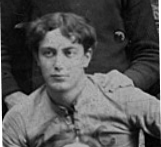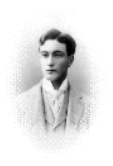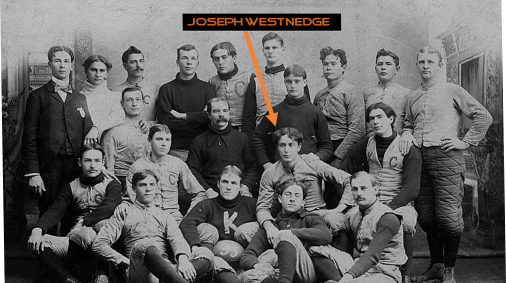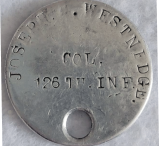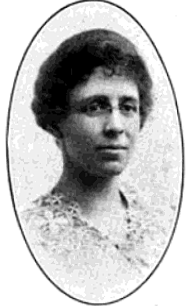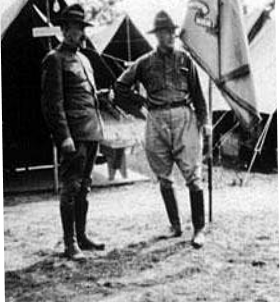

Colonel Joseph B. Westnedge
Joseph Burchnall Westnedge was born in Kalamazoo, Michigan on August 16, 1872. Joe enrolled in the Preparatory Department of Kalamazoo College in January of 1893. In 1894 he joined the Michigan National Guard. After three years in the Preparatory Department, Joe enrolled during the 1895-96 academic year as a first-year student in Kalamazoo College and was a star halfback on the undefeated Kalamazoo College Football team in 1895. After graduating college, Westnedge continued to serve with the Michigan National Guard. During his subsequent military career, Colonel Westnedge steadily climbed the military hierarchy: first as a captain during the Spanish-American War in 1898, then as a lieutenant-colonel during the Jackson prison riot of 1911, and finally as a colonel after his service on the Mexican border in 1916. When the United States declared war on Germany in 1917, “Colonel Joe” was a manager at a Kalamazoo paper company. He again volunteered to serve his country, stating “We are going, perhaps never to return, and the parting is hard, but a call greater than any other summons us away.” Colonel Westnedge was one of the few National Guard officers to retain his command in the National Army. He commanded the 126 Infantry, Part of the famous 32nd “Red Arrow” Division. The 126th arrived in France in March 1918, where they participated in a number of key offensives. A few days before the armistice was signed, Colonel Westnedge suffering from the effects of mustard gas was sent to an army hospital in Nantes, France. He died at the age of 46, of complications from the effects of the mustard gas on November 29, 1918, eighteen days after the war had ended. Two years later Colonel Westnedge, was finally brought home to Kalamazoo and was reburied at Riverside Cemetery. Thousands of people lined the streets for his funeral procession. West Street was renamed Westnedge Avenue as a tribute to the city’s fallen hero. Colonel Westnedge was awarded posthumously the Distinguished Service Cross, Silver Star, and the French Croix de Guerre. Click here to read Colonel Westnedge’s Citations